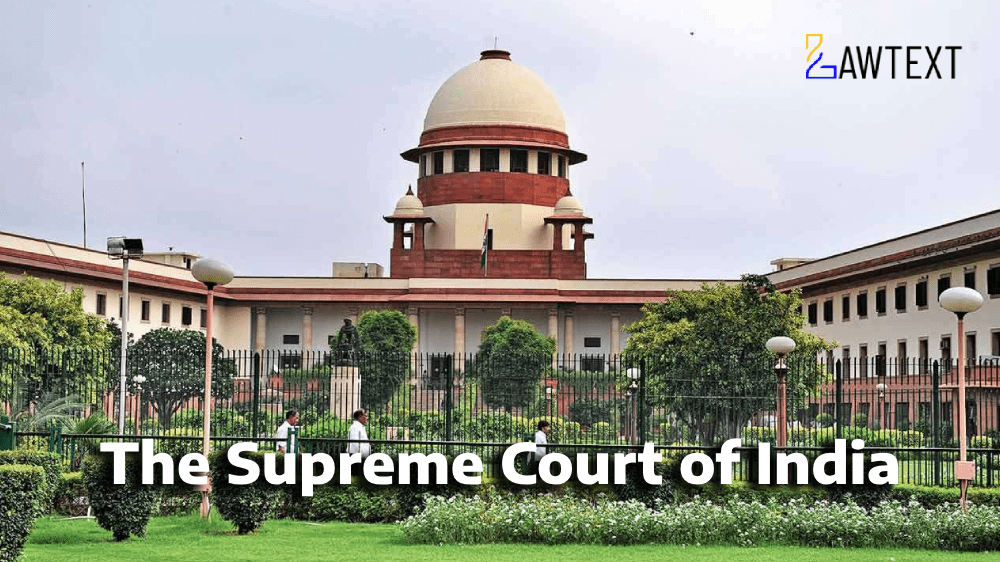"Supreme Court Clarifies NIA's Powers in Investigating Linked Offenses under NDPS Act and UAPA" "Balancing national security concerns with procedural safeguards."

CASE NOTE & SUMMARY
The Supreme Court addressed the interplay between the Narcotic Drugs and Psychotropic Substances Act, 1985 (NDPS Act) and the Unlawful Activities (Prevention) Act, 1967 (UAPA), focusing on the National Investigation Agency's (NIA) jurisdiction to investigate "connected offenses" under Section 8 of the NIA Act. The Court upheld the NIA's jurisdiction to probe linked narcotic offenses, provided they are connected to scheduled UAPA offenses. The judgment also emphasized the conditions under which bail may be canceled to facilitate thorough investigations, especially in cross-border narco-terrorism cases.
1. Background of the Case
-
FIRs Involved:
- FIR No. 20/2020 and FIR No. 23/2020 under the NDPS Act in Punjab.
- FIR No. 1/2018 under NDPS Act and UAPA in Gujarat.
-
Key Allegations:
- Smuggling and distribution of 500 kg of heroin via Pakistan linked to narco-terrorism.
- Accused involved in storage, purification, and distribution of narcotics.
2. Procedural History
3. Legal Issues Raised
- NIA's Jurisdiction:
- Can NIA investigate non-scheduled NDPS offenses if connected to UAPA-scheduled offenses?
- Violation of Rights:
- Alleged breach of Articles 14 and 21 (Equality and Liberty).
4. Supreme Court's Analysis
5. Rationale (Ratio Decidendi):
- Connection between NDPS offenses and UAPA-scheduled offenses justifies joint investigation by NIA.
- Expansive interpretation of "connected offenses" aligns with the legislative intent of the NIA Act, ensuring effective handling of complex national security cases.
Acts and Sections Discussed:
-
NDPS Act, 1985:
- Sections 21, 25, 27A, 29 (Drug trafficking and related activities).
-
UAPA, 1967:
- Sections 17, 18 (Punishment for raising funds and conspiracy for terrorist acts).
-
NIA Act, 2008:
- Section 6(5): Central Government's suo motu power for scheduled offenses.
- Section 8: NIA’s authority to investigate connected offenses.
-
Constitution of India:
- Article 21: Protection of life and personal liberty.
- Article 14: Equality before the law.
Subjects:
- NIA Act
- NDPS Act
- UAPA
- Narco-terrorism
- Cross-border smuggling
- Bail Cancellation
- Custodial Interrogation
- National Security
ISSUE OF CONSIDERATION
ANKUSH VIPAN KAPOOR VERSUS NATIONAL INVESTIGATION AGENCY
Citation: 2024 LawText (SC) (12) 160
Case Number: SPECIAL LEAVE PETITION (CRIMINAL) NO.2819 OF 2024 WITH WRIT PETITION (CRIMINAL) NO.168 OF 2024
Date of Decision: 2024-12-16
Case Title: ANKUSH VIPAN KAPOOR VERSUS NATIONAL INVESTIGATION AGENCY
Before Judge: [B.V. NAGARATHNA J. , NONGMEIKAPAM KOTISWAR SINGH J.]
Appellant: ANKUSH VIPAN KAPOOR
Respondent: NATIONAL INVESTIGATION AGENCY

